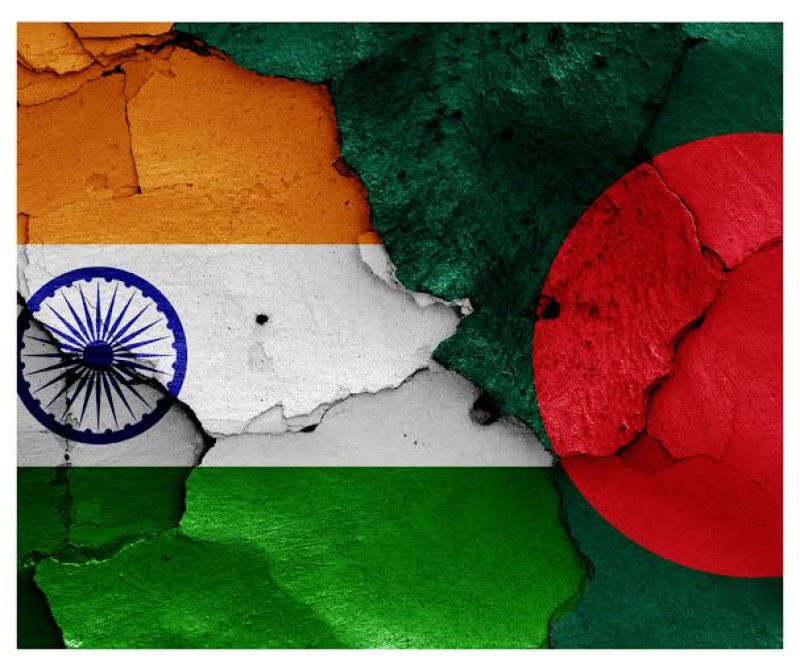The ongoing political crisis in Bangladesh has created significant challenges both within the country and for its relations with neighboring India Initially sparked by protests over public sector job quotas the situation has escalated into a larger national issue affecting Bangladeshs political economic and social landscape As unrest deepens India faces a critical moment in its relations with its South Asian neighbor one that requires balancing support for the government and addressing the shifting political sentiments within Bangladesh
The Roots of the Crisis
The unrest in Bangladesh began in late 2024 driven by protests against the governments job quota system The protests initially targeted the meritbased recruitment in public sector jobs but quickly expanded to focus on other issues including rising unemployment inflation and corruption These protests gained momentum when Sheikh Hasinas government faced allegations of authoritarianism with critics accusing her administration of stifling dissent and centralizing power The tensions reached a boiling point after the controversial 2024 general elections in which opposition parties boycotted the vote claiming the elections were rigged
The political instability escalated further when the government faced largescale street protests leading to violence and instability Sheikh Hasina facing mounting pressure fled to India for safety after her residence in Dhaka was stormed by protestors demanding her resignation
The Role of India A Delicate Balancing Act
Indias relationship with Bangladesh has long been characterized by strong cooperation in various areas such as counterterrorism trade and regional stability However the political upheaval in Bangladesh has put India in a precarious position India has traditionally supported Hasinas government but the political shift in Bangladesh means that India must now balance its support for Hasina with the evolving sentiments of the Bangladeshi public
The crisis has implications for India in multiple dimensions Bangladesh is a key economic partner for India and the political instability could disrupt trade ties particularly in industries such as textiles and manufacturing Bangladesh has long been a major exporter of textiles but the ongoing unrest has led to disruptions in production and exports This creates an opening for India to capture a portion of the market but how India handles the crisis will influence its longterm economic relationship with Bangladesh
Politically India has to tread carefully While it has provided refuge to Hasina there are concerns about how its involvement may be perceived within Bangladesh If India is seen as overly supportive of Hasinas administration it could lead to further resentment among the protesting population who view the government as authoritarian Moreover Indias involvement could have repercussions on its relations with international actors particularly as global scrutiny increases regarding the situation in Bangladesh
Implications for Regional Stability
Beyond the bilateral ties the ongoing turmoil in Bangladesh poses broader implications for South Asian stability Bangladesh has been a critical ally in the region and its internal unrest could have ripple effects on regional security particularly in terms of counterterrorism cooperation and border management India which shares a long border with Bangladesh must ensure that the crisis does not spill over into crossborder issues especially with ongoing concerns about militancy and illegal migration
The crisis also provides an opportunity for India to reinforce its influence in the region by stepping up efforts to support civil society and democratic institutions in Bangladesh By doing so India can position itself as a proactive player in promoting regional stability and democracy
Looking Ahead
As Bangladesh navigates this turbulent political landscape Indias response will be crucial in shaping the future of their bilateral relations The key challenge for India will be to support Bangladeshs democratic institutions while also addressing the domestic unrest that has put the country in a precarious position Whether through economic assistance diplomatic engagement or support for democratic reforms India has a critical role to play in ensuring that Bangladesh emerges from this crisis as a stable and prosperous neighbor
The situation is fluid and the coming weeks will be pivotal in determining the course of events For now the crisis remains a test for Indias foreign policy and its relationship with one of its most important neighbors in South Asia



